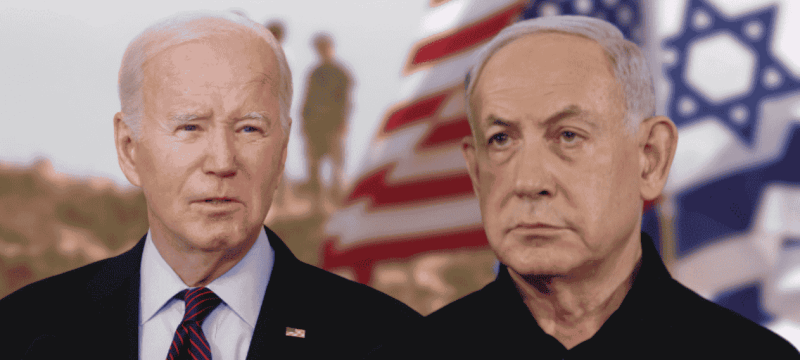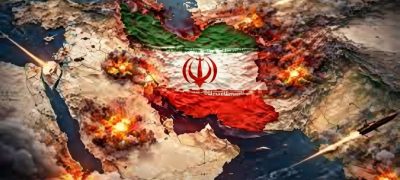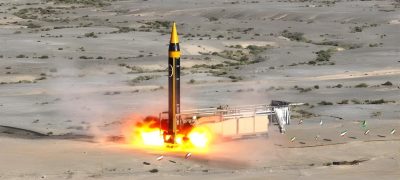Israeli Prime Minister Benjamin Netanyahu now faces a complex political landscape following the Gaza ceasefire. His leadership is under pressure from both the opposition and his own coalition.
Netanyahu helped secure the ceasefire in Gaza and hailed it as a success. However, analysts say the deal also exposes his vulnerabilities and may weaken his grip on power.
One key issue is Netanyahu’s international reputation. After years of war and global criticism, Israel sees an opportunity to rebuild its standing. But for Netanyahu personally, the challenges are steep. His long-promised “total victory” has been sidelined, and his right-wing allies are now wary.
Within his government, Netanyahu’s coalition is strained. His far-right partners opposed the ceasefire, feeling it betrays the promise to defeat Hamas completely. This internal tension raises the risk of the coalition collapsing.
On the domestic front, the opposition is mobilising. Criticism is growing that Netanyahu used the war to avoid personal legal issues. His poll ratings remain weak, even after the ceasefire, suggesting public trust is fragile.
Looking ahead, Israel’s next election looms large—scheduled for late 2026 but possibly earlier. Netanyahu will attempt to cast the ceasefire as a strategic win, while opponents will cast it as a failure of leadership.
Further, the ceasefire negotiation includes major regional dynamics. Key elements like governance in Gaza, disarming Hamas, and Israel’s future military posture are unresolved. These could define Netanyahu’s next year in office.
In summary: Benjamin Netanyahu enters a critical phase. The ceasefire might mark an end to one war, but it sparks a new battle—over legitimacy, leadership and future direction of Israel.
In other news read more about: Netanyahu’s Plane Takes Unusual Flight Path to UN Summit







